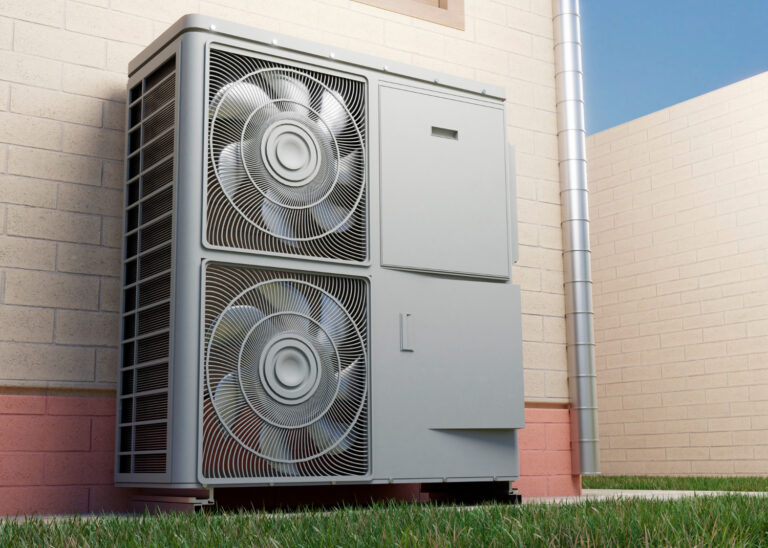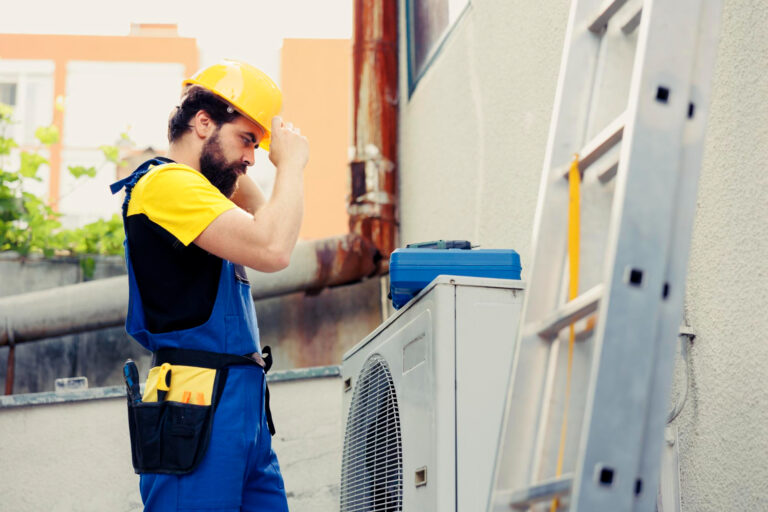Deciding When to Replace Heating Systems in Light Commercial Properties
Keeping a heating system running efficiently in a light commercial property is vital for maintaining a comfortable environment for employees and clients. Over time, even the most robust heating systems can wear out, leading to increased costs and potential disruptions. Deciding when to replace an old heating system can be challenging but crucial for business operations.
Signs Your Heating System Needs Replacement
Recognizing the signs that your heating system may need replacement is crucial for maintaining a reliable and comfortable environment in a commercial space. Here are some key indicators:
One of the most evident signs is the age of the system. Most heating systems have a lifespan of around 10-15 years. If your system is approaching or exceeding this range, it may be time to consider a replacement. Older systems are less efficient and more prone to breakdowns, leading to increased operational costs.
Frequent repairs are another red flag. If you find that you are constantly calling our professionals for heating repair services, it might be more cost-effective to invest in a new system. Persistent issues not only indicate that the system is failing but also result in higher maintenance expenses.
Inconsistent temperatures throughout the building can also signal the need for a replacement. If some areas are too hot while others are too cold, the heating system may be struggling to distribute heat evenly. This issue could stem from failing components or an overall decline in system performance.
Additionally, rising energy bills can indicate that your heating system is working harder than necessary to maintain desired temperatures. Increased energy consumption often results from reduced efficiency in older systems. Replacing your outdated system with a new, energy-efficient model can lead to significant savings in the long run.
Evaluating the Cost of Repairs vs. Replacement
When deciding between ongoing repairs and a full heating replacement, it is essential to evaluate the costs associated with each option. Our professionals can help assess your specific situation to make an informed decision.
Start by considering the frequency and cost of recent repairs. If repair costs are escalating and becoming a regular expense, investing in a new heating installation may be more economical. Continuous repairs not only add up financially but also cause disruptions to business operations.
Calculate the remaining lifespan of your current system. If the system is nearing the end of its expected life, investing in repairs might only offer a short-term solution. In such cases, replacing the system can provide long-term reliability and peace of mind.
Take into account energy efficiency. Modern heating systems are designed to be more energy-efficient than older models. Although the initial cost of a new heating installation may seem high, the savings on energy bills can offset this expense over time. Upgrading to a more efficient system can result in lower energy consumption and reduced operational costs.
Finally, consider the overall comfort and satisfaction of building occupants. A reliable and efficient heating system ensures a comfortable environment, which can boost productivity and satisfaction among employees and clients. Weighing these factors will help determine whether a comprehensive heating replacement or continued repairs is the best choice for your commercial property.
Benefits of Upgrading to a Modern Heating System
Upgrading to a modern heating system offers numerous advantages that can significantly enhance your commercial property’s comfort and efficiency.
One key benefit is improved energy efficiency. Modern heating systems use advanced technology to consume less energy while providing the same level of heating. This efficiency translates to lower energy bills, helping to reduce operational costs over time. Enhanced energy efficiency also means a smaller environmental footprint, which is beneficial for eco-conscious businesses.
Another advantage is increased reliability. Newer heating systems are designed with durable materials and cutting-edge technology, reducing the likelihood of unexpected breakdowns. This reliability ensures consistent heating performance, minimizing interruptions to your business operations.
Modern systems also offer better control options. Advanced thermostats and automated controls allow for precise temperature management, ensuring every area of the building remains comfortable. Our professionals can help customize settings to meet the specific needs of your property, enhancing overall comfort.
Additionally, upgraded heating systems often come with extended warranties and better support from manufacturers. This added assurance can provide peace of mind, knowing that any issues will be promptly addressed. Investing in a new heating system can be a wise decision that pays off through improved performance and cost savings.
Steps to Take When Planning a Heating System Replacement
Planning a heating system replacement requires careful consideration and systematic steps to ensure a smooth transition. Here are some essential steps to follow:
Firstly, conduct a thorough assessment of your current system. Review its age, energy efficiency, repair history, and overall performance. Determine whether the system still meets the heating demands of your commercial property.
Next, consult with our professionals to explore your options. They can perform detailed evaluations and provide recommendations tailored to your building’s specific needs. This consultation will help identify the most suitable heating systems available, considering factors like size, efficiency, and budget.
Once you’ve decided on a replacement system, develop a clear plan for the installation process. This involves setting a timeline that minimizes disruptions to daily business activities. Coordination with our technicians is crucial to ensure all preparatory steps, including system removal and space adjustments, are completed.
Inform all relevant stakeholders, including employees and tenants, about the planned replacement. Clear communication ensures everyone is prepared and any necessary adjustments can be made to accommodate the installation process.
Finally, schedule regular maintenance for your new heating system post-installation. Routine checks and timely servicing by our professionals will keep the system in optimal condition, extending its lifespan and maintaining its efficiency.
Conclusion
Deciding to replace the heating system in a light commercial property involves evaluating various factors and recognizing when a system is no longer efficient or reliable. By understanding the signs of a failing system, weighing the costs of repairs versus replacement, and recognizing the benefits of modern systems, you can make an informed decision that best suits your business needs.
Upgrading to a new heating system offers many advantages, including improved energy efficiency, increased reliability, and better control over the indoor environment. Following a structured plan for replacement ensures a smooth transition with minimal disruption to your operations.
We are committed to helping you maintain a comfortable and efficient work environment. Our experienced technicians are ready to assist you with your heating replacement in Bakersfield. Contact us at Greer’s Banner Air of Bakersfield, Inc. today to schedule a consultation and discover how we can enhance the comfort and efficiency of your commercial property.







